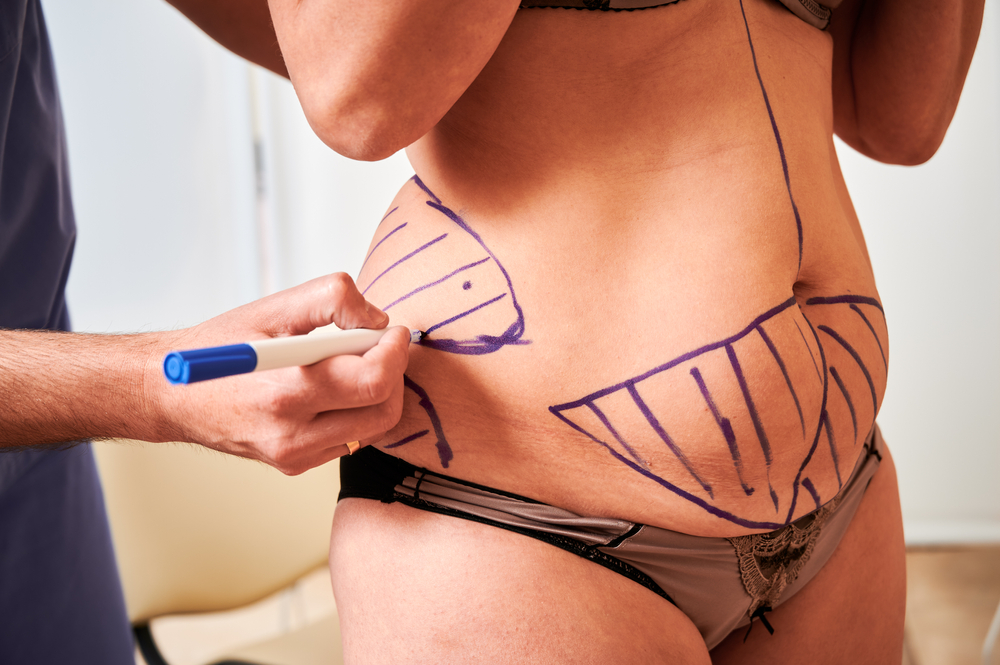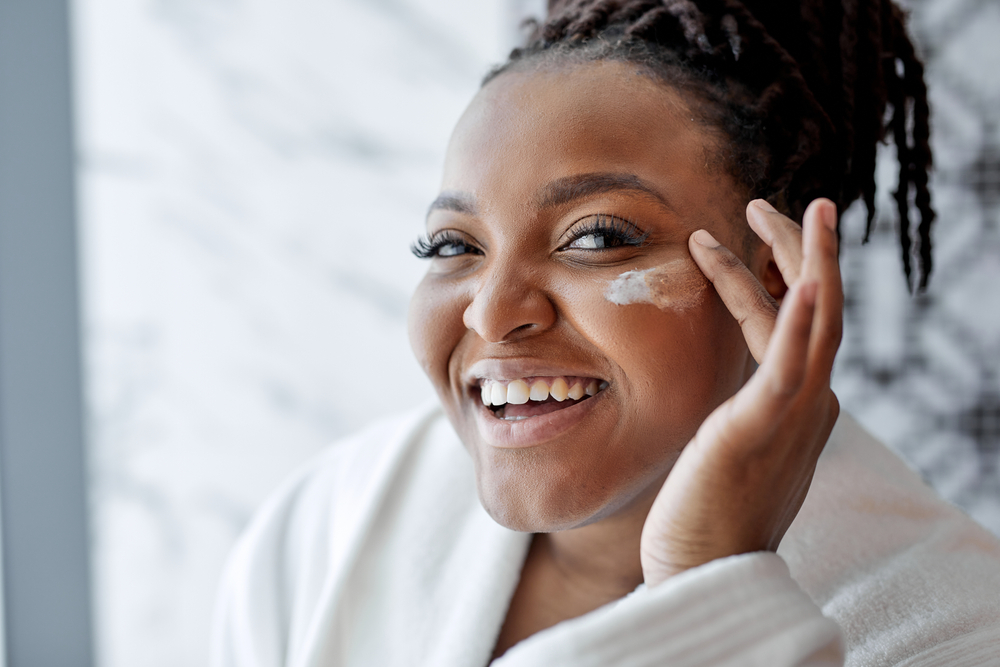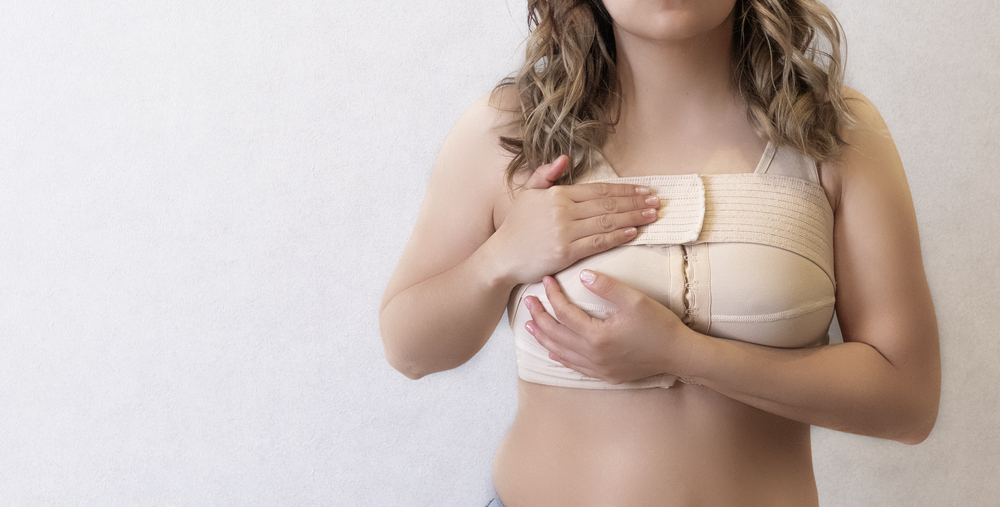Stress can have a profound impact on health. Stress, whether its source is physical or emotional, creates an evil cascade of biologic juju: stress>> oxygen free radicals>>inflammation >>cellular damage>>disease. Most people do not realize that our emotional state can influence our bodies negatively. I know it sounds like a tired old cliché, but the mind and body are interlinked. One affects the other.
When I first came to Charlotte in 2008 to start my plastic surgery practice, I met an anesthesiologist who was involved in aesthetics and PAIN management. We were going to forge a relationship (which never materialized). I remember like yesterday her telling me that in her years of pain management, one of the things that kept bubbling up was people’s history of abuse. She found that chronic pain (fibromyalgia, etc) was very often linked to some form of abuse, particularly sexual abuse. So, past trauma appears to set in motion internal stresses which manifest in the body in various ways including chronic pain.
This observation was fascinating to me because my original interest going in medicine was Psychiatry. Where am I going with this you ask? Internal stress, regardless of the source, whether it’s past abuse, bad relationships, a motor vehicle accident, or even a past surgery, sets in motion inflammation. Inflammation will negatively impact any surgical procedure you have by prolonging recovery and can even lead to complications. I know this sounds crazy, but I think it’s true. What I have consistently noted since being in practice since 2007, is that a fast recovery and a complication-free experience is often predicated on the quality of someone’s health and level of inflammation.
A clean and green diet and exercise seems to guard against poor outcomes in plastic surgery. Surgical outcomes are no longer predicated simply on chronological age but rather biologic age. I work on patients in their 60s and 70s who are absolute animals and eat well and exercise, and they typically crush their surgical recovery making the Millennials, Gen Z, and Xers look bad. It’s profound.
The question then is what to do about stress-induced inflammation? How do we modulate it? As always, the answers are simple, but the execution is not. It’s time-consuming.
- A clean and green diet.
- Exercise
- Vitamins
- A positive mindset: I know this may strike people as cheesy as some Norman Vincent Peale 1950 self-help book, but being positive does matter. It has a physiologic impact. Anxiety and depression both have been linked to an increase release of oxygen free radicals (aka cellular stress) and thus inflammation. Anxiety, which is a psychological end point of stress, poisons your body and slows your recovery and potentially even provoke a lesser outcome. Recent plastic surgery related research has linked anxiety, depression, smoking and obesity to breast implant illness (https://academic.oup.com/asj/advance-article/doi/10.1093/asj/sjae089/7646762?login=false).
For those of you who want a deeper dive into the biology of brain and illness, here are two pieces worth reviewing:










